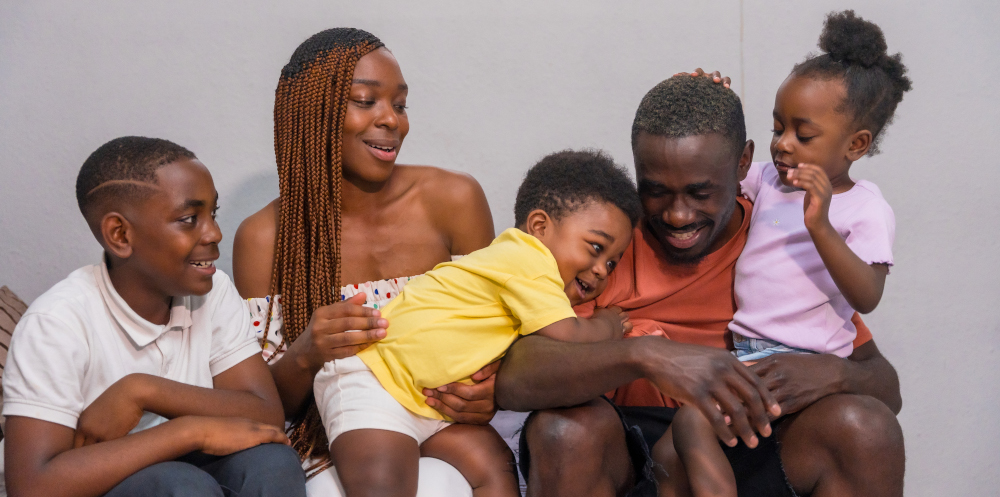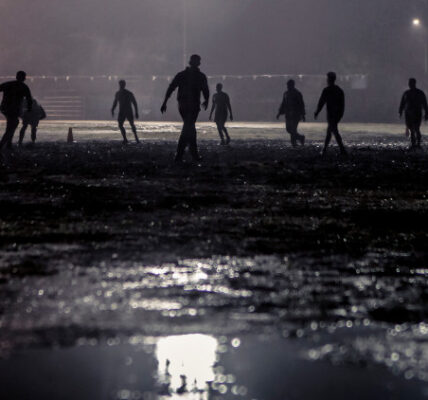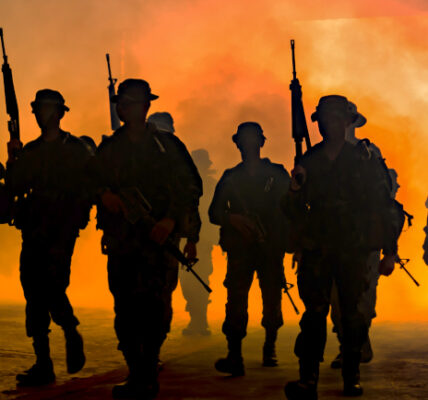On any given Saturday in KwaZulu-Natal, as players lace up their boots and pull on their jerseys, there’s always a quieter group standing just behind the touchlines. They’re not listed on team sheets. Their names don’t get read out over the stadium loudspeakers. But without them, a lot of those matches wouldn’t happen. These are the families behind the players. The ones in the stands. The ones waiting at home. The ones quietly carrying rugby long after the final whistle has blown.
It starts young. In places like Pietermaritzburg, Durban, or Richards Bay, there are parents who spend entire weekends driving their kids to matches across the province. Small cars packed with kit bags, water bottles rolling under seats, the smell of deep heat lingering in the back. For many families, it’s not just about one game or one son. It becomes a routine that shapes entire weekends, entire years. It’s mothers and fathers standing on the edge of fields in the cold, watching their kids take hits and make tackles. Smiling when things go right. Quietly worrying when they don’t.
For club-level rugby in KZN, this family involvement stretches even further. In smaller clubs, it’s often the players’ families who keep things running. Wives and partners running the tuck shop or setting up post-match braais. Brothers and sisters collecting gate fees or helping pack up equipment at the end of the day. It’s not a business. It’s not about making money. It’s about making sure the game keeps moving, the team stays together, the field is ready for next weekend.
There’s a weight that comes with that. In bigger professional setups, everything is handled by a team of staff. At the grassroots level, it’s different. When a player gets injured, it’s not just a club physio dealing with it. It’s a partner waiting at the hospital, a mother sitting in the waiting room. The family carries those quiet moments, the late-night drives home after a loss, the silence around dinner when things didn’t go well, the long recovery periods that don’t always make the news but affect everything behind closed doors.
For players chasing higher-level rugby, the family’s role becomes even more complicated. It’s not just about support. It’s about sacrifice. There are fathers taking on extra work to pay for travel kits. There are mothers picking up side jobs to cover school fees while their son chases a Sharks Academy trial. And when the call doesn’t come, when a player doesn’t quite make the cut, it’s the family who sits with them afterward. Quietly. No big speeches. Just being there.
And yet, for all that weight, there’s also a kind of pride that’s hard to explain. Families watching from the sidelines aren’t just there out of obligation. They’re there because they feel connected to what’s happening on the field. In KZN rugby culture, supporting isn’t passive. It’s active. It’s vocal. Songs shouted from the stands. Flags waved even in the rain. Kids running up and down the touchline in oversized jerseys, already imagining themselves in the game.
 It’s also about legacy. In many KZN families, rugby runs through multiple generations. A grandfather who once played for a local club, now standing next to his son and grandson as they watch the next match. Old photos hung in living rooms, faded team shots from the 80s or 90s, the same club colours still worn today. It’s not just sport. It’s family history. Kept alive not through trophies, but through shared afternoons, shared stories, and shared effort.
It’s also about legacy. In many KZN families, rugby runs through multiple generations. A grandfather who once played for a local club, now standing next to his son and grandson as they watch the next match. Old photos hung in living rooms, faded team shots from the 80s or 90s, the same club colours still worn today. It’s not just sport. It’s family history. Kept alive not through trophies, but through shared afternoons, shared stories, and shared effort.
There are quieter moments too. Partners waiting at home when a player gets back late from training. Kids learning how to strap up ankles from watching older siblings. Grandmothers sewing club patches onto new kits because buying fresh ones isn’t always in the budget. These aren’t things that get seen by crowds. But they’re there in the background, part of the fabric of KZN rugby that doesn’t change whether the match is at Kings Park or on a bare field out in the suburbs.
When players retire, families often stay connected to the club. Running events, mentoring younger players, keeping the culture alive. Some even take on official roles, team managers, club secretaries, committee members. The game doesn’t leave the family just because one player steps off the field. It sticks around in smaller ways. Conversations around the dinner table. Old jerseys kept in cupboards. Match days that still feel important, even without anyone from the family running onto the field.
In every win and every loss, in every season that feels like it’s building toward something bigger, and every year that feels like just keeping things together, families carry as much of the game as the players themselves. It’s not a story that gets told often. The focus is usually on the athletes, the tries, the tackles. But behind all of that, there’s always someone holding it together when the whistle blows and the lights switch off.
In KwaZulu-Natal, rugby is about more than points on a board. It’s about the people in the stands. The families who show up rain or shine. The ones washing kits, patching jerseys, buying the post-match beer. The ones who know the names of every player not because they read them in the newspaper, but because they helped them get there in the first place.
That’s the part of rugby that doesn’t change. Long after the crowds have moved on and the boots have been hung up, there’s still someone standing on the sidelines, waiting for the next generation to take their place.




